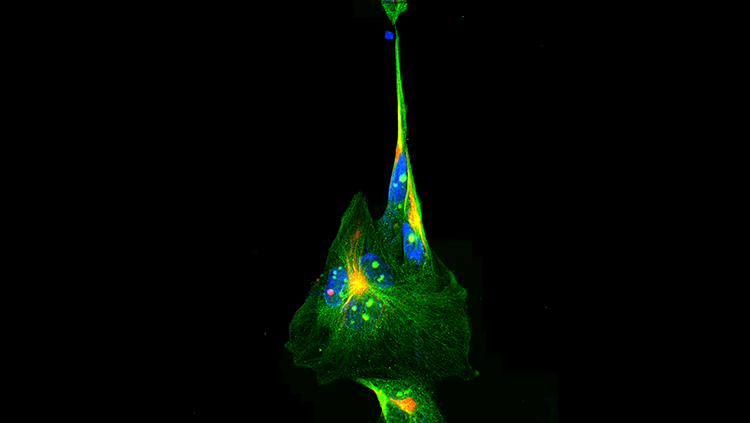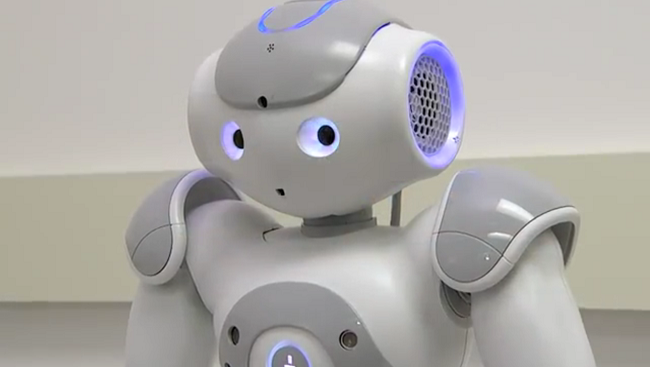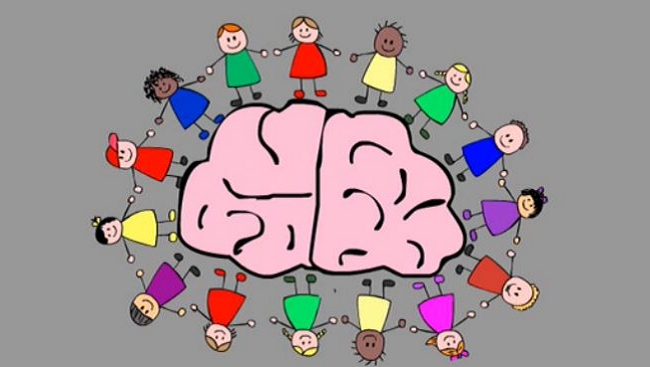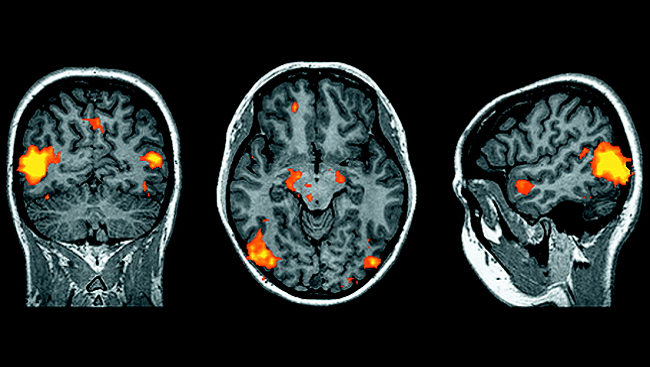Cranial Nerves
- Published1 Jul 2011
- Reviewed1 Jul 2011
- Source BrainFacts/SfN
The human body has 12 nerve pairs that originate in the brain and control hearing, smell, taste, and smell, among other functions. But why talk about cranial nerves when you can sing? Scarth Locke, a Samuel Merritt University graduate student, does just that in this catchy submission to the 2011 Brain Awareness Video Contest, along with associate professor Barb Puder.
Download video
CONTENT PROVIDED BY
BrainFacts/SfN
Transcript
Cranial, cranial, cranial nerves.
How I smell is olfactory. The optic nerve, it lets me see. And my eyes won’t stay on the ball without four, six, and three.
Cranial, cranial, cranial nerves.
Number five will help me chew and feel the wind upon my face. But my food won’t go down below unless the vagus sets the pace.
Cranial, cranial, cranial nerves.
Now the muscles of facial expression and the taste on the tip of my tongue, spit, phlem, and tears is the facial nerve, dears, but we’re not nearly done.
Cranial, cranial, cranial nerves.
The vestibulocochlear, also known as number eight, keeps me upright and helps me hear, two valuable traits.
Cranial, cranial, cranial nerves.
The glossopharyngeal lets no surface go to waste. In the back of the mouth we have feeling there, and taste.
Cranial, cranial, cranial nerves.
Now you may shrug your shoulders, say “I should have stayed in bed,” but without the spinal accessory nerve you couldn’t even shake your head.
Cranial, cranial, cranial nerves.
Now the hypoglossal gives form to the words of the song, gives power and lift and life to the muscles of the tongue.
Cranial, cranial, cranial, cranial, cranial, cranial, cranial, cranial, cranial, cranial, cranial, cranial, cranial, cranial, cranial, cranial, cranial, cranial, cranial, cranial, cranial nerves.
Also In Archives
Trending
Popular articles on BrainFacts.org

















